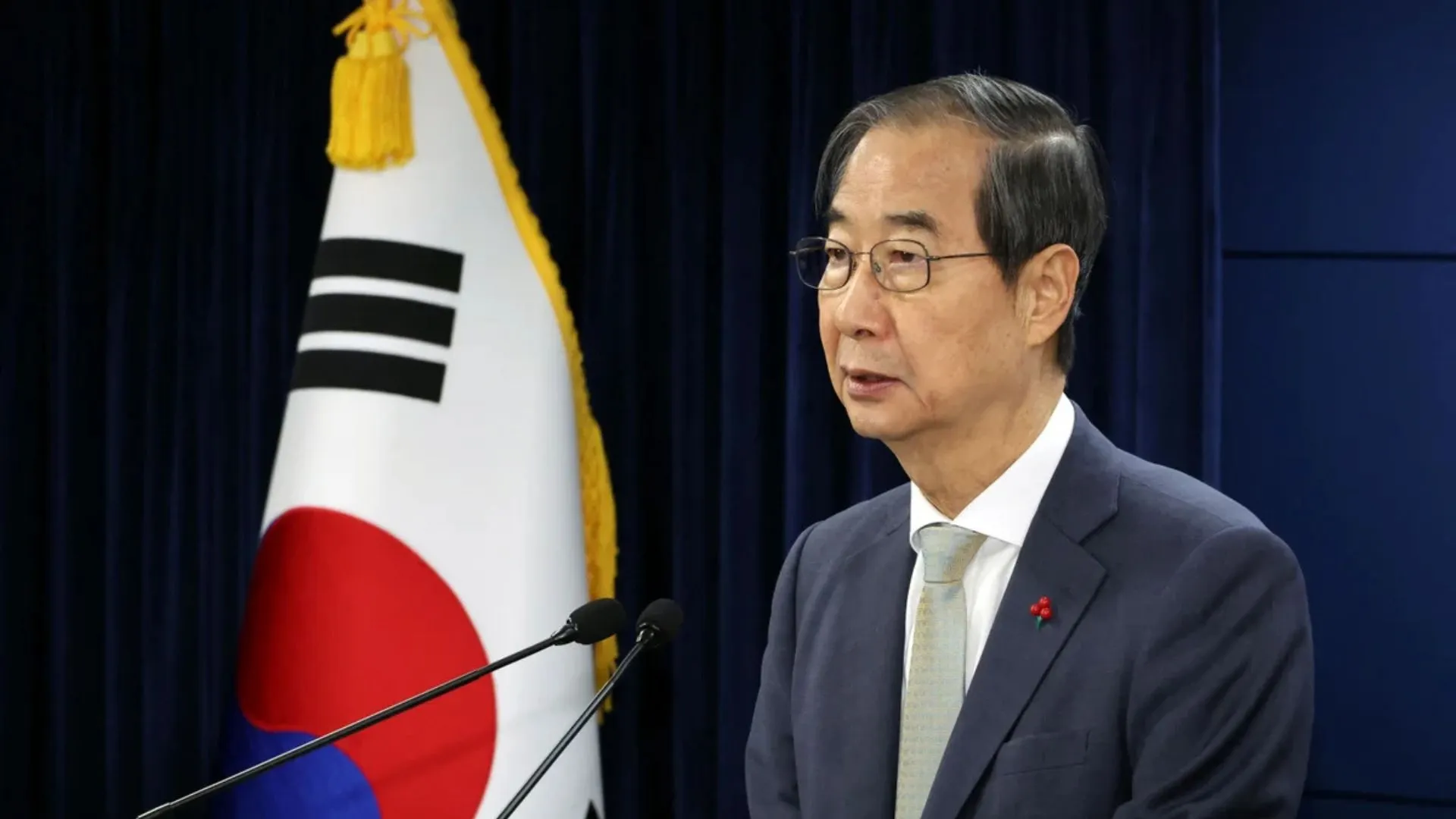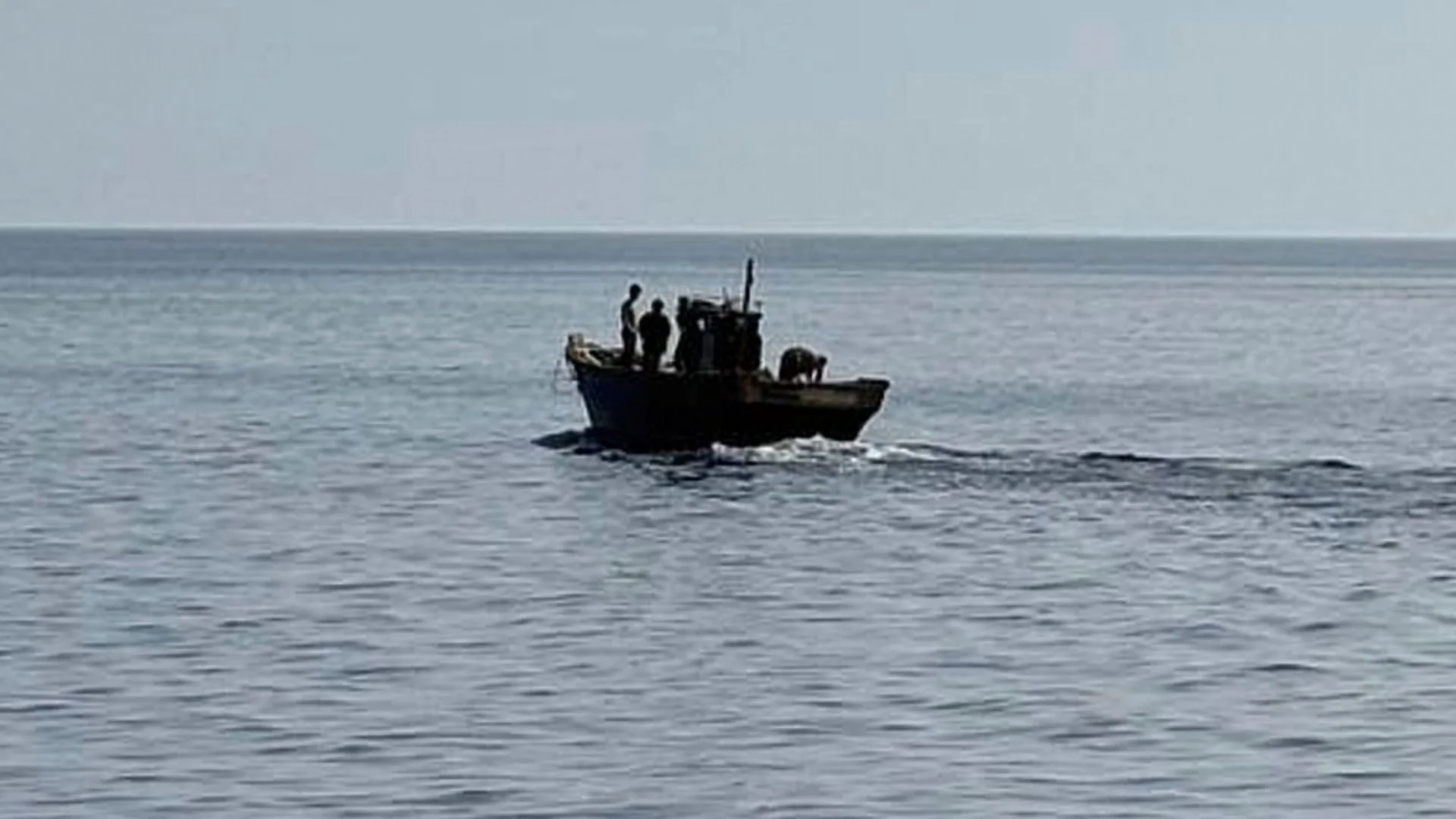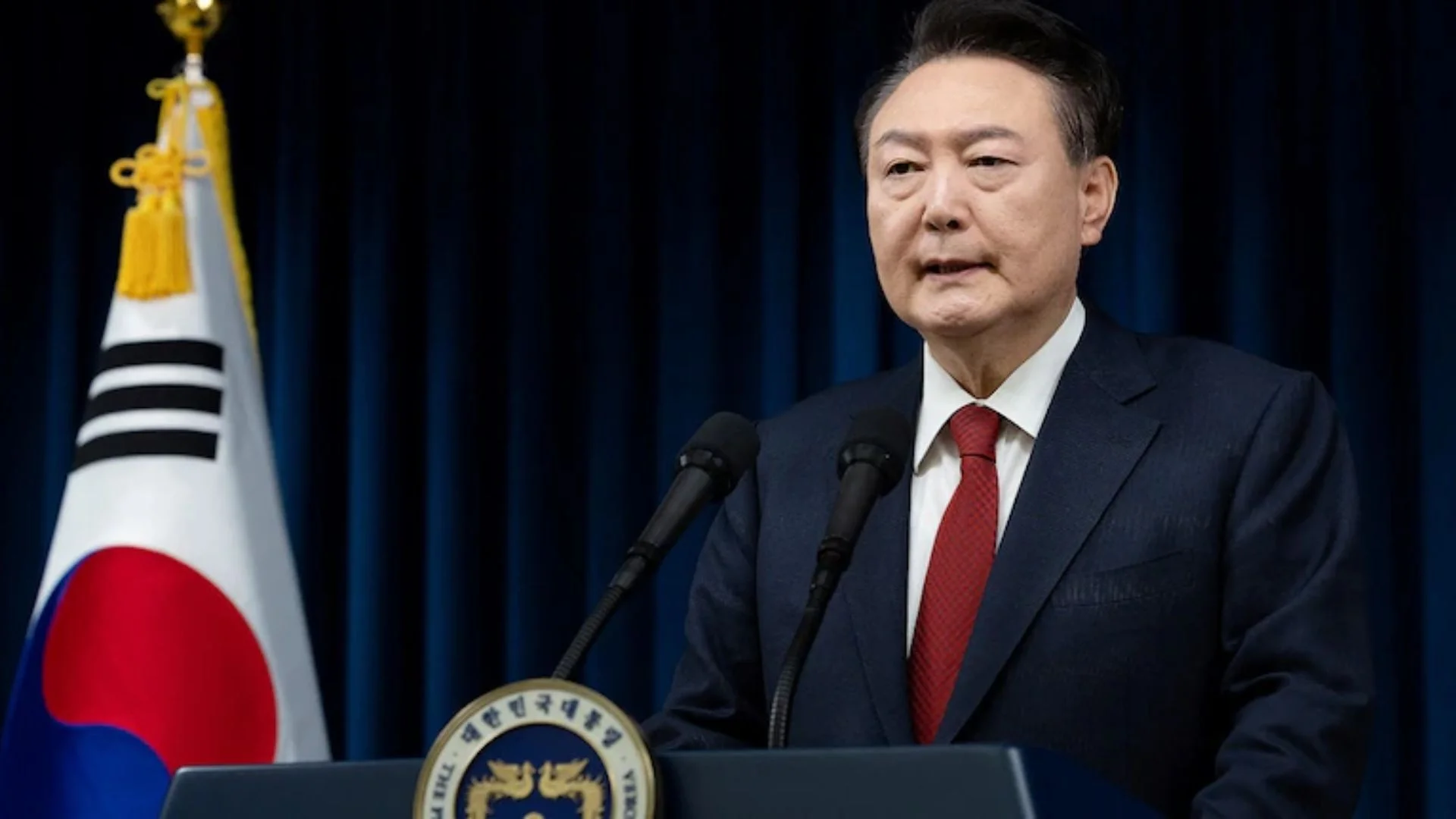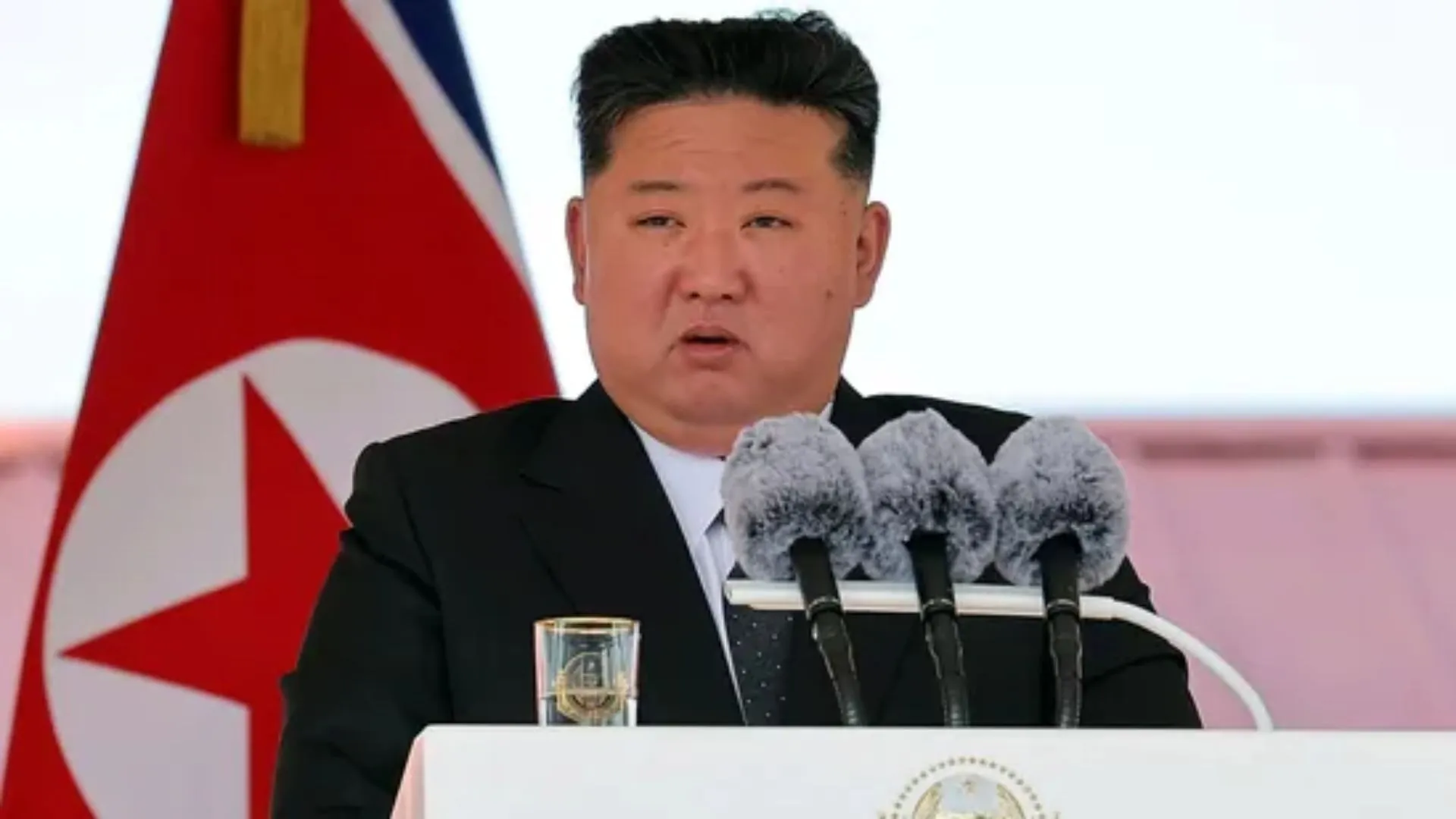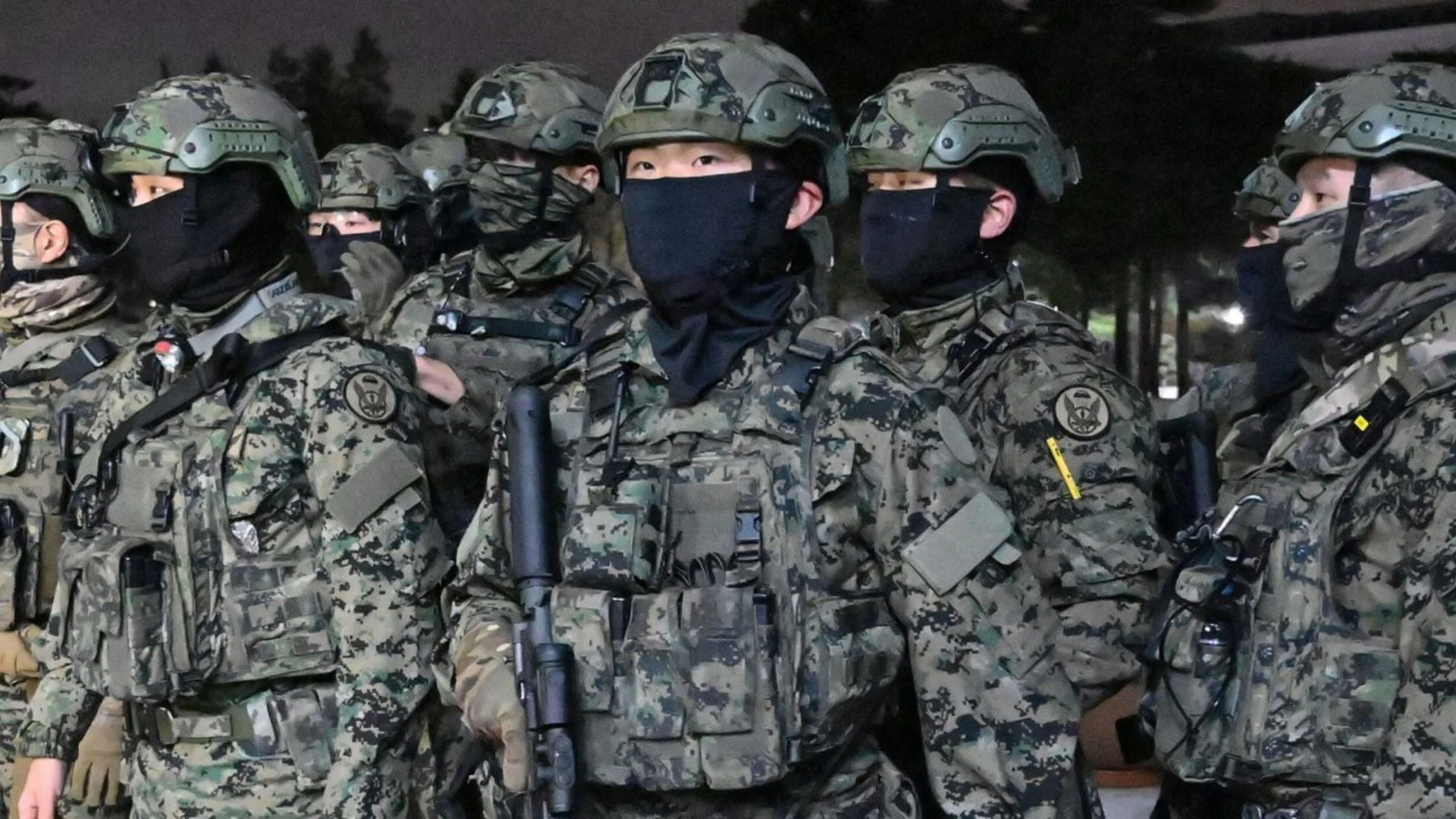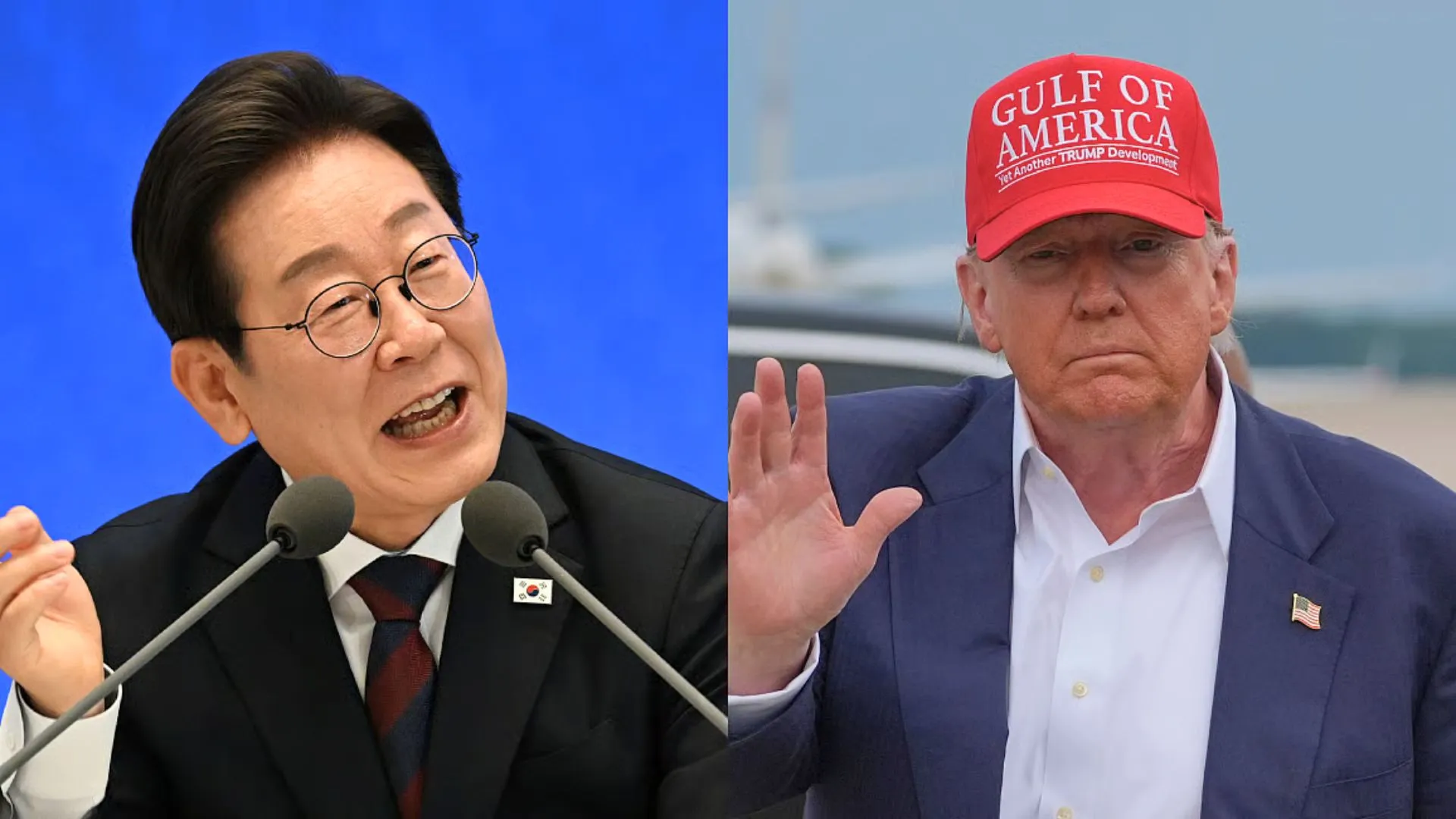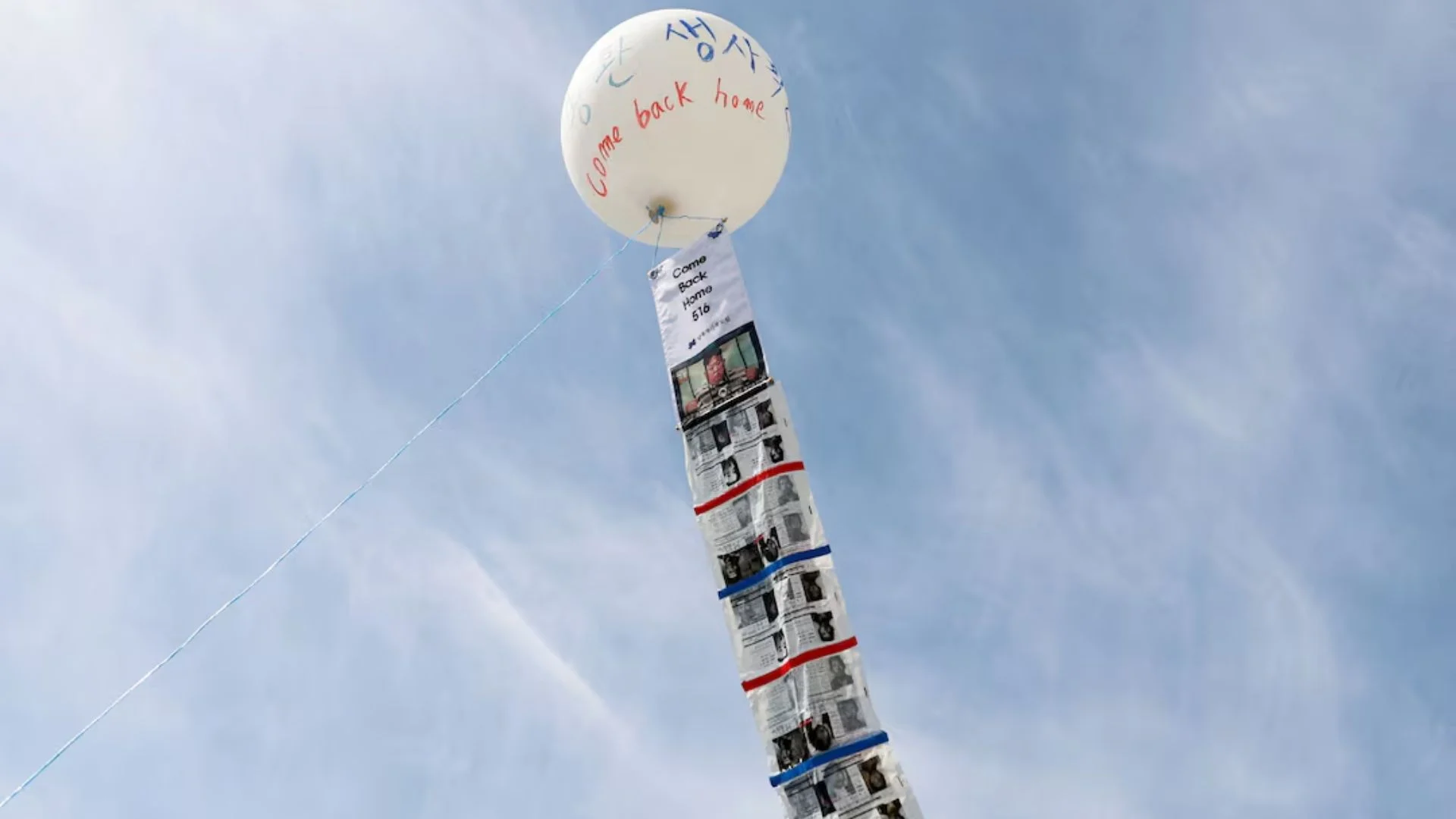Prime Minister Han Duck-soo testified at the 10th hearing of President Yoon Suk Yeol’s impeachment trial at the Constitutional Court on Thursday, stating that all ministers present at the Dec. 3 Cabinet meeting attempted to dissuade Yoon from imposing martial law.
Han was the first witness to testify that day, followed by Hong Jang-won, former first deputy director of the National Intelligence Service (NIS), and Cho Ji-ho, commissioner general of the National Police Agency (NPA).
Describing the Dec. 3 meeting, Han said it was marked by “procedural and practical” irregularities that made it “different from usual Cabinet meetings.”
The National Assembly’s impeachment committee, acting as the prosecution in the trial, has accused Yoon of attempting to replace democracy with military rule by declaring martial law. During the hearing, the committee questioned Han about whether Yoon followed the correct legal process for implementing martial law.
In response, Han stated that Yoon neither consulted him on the decision nor informed the National Assembly—both of which are legally required steps.
When asked by a National Assembly lawyer why his account contradicted that of former Defense Minister Kim Yong-hyun—who previously testified that some ministers had supported martial law—Han responded, “That’s not my recollection at all.”
Han also denied endorsing Yoon’s decision or having seen any related documents before the meeting. During cross-examination, Yoon’s legal team asked Han to elaborate on actions by the liberal Democratic Party (DP) that the president cited as justification for martial law.
Han pointed out that the National Assembly had taken several “unprecedented” measures, including reducing budgets for law enforcement, nuclear energy, environmental protections, and disaster response. His remarks seemed to indirectly attribute the political deadlock to the DP, which holds a majority in the legislature.
He further expressed concern, stating, “the country has no future” without effective political leadership.
Although Han was summoned as a witness by Yoon’s lawyers, court analysts believe his testimony about the Dec. 3 Cabinet meeting bolstered the National Assembly’s case that Yoon committed multiple legal violations by declaring martial law.
Yoon was not present during Han’s testimony. He entered the courtroom at approximately 2:56 p.m. but left around 3:04 p.m., four minutes before Han took the stand.
Later, one of Yoon’s lawyers explained the president’s absence, saying Yoon believed it would not be “good for the country’s standing” if both leaders were present at the hearing simultaneously. Yoon returned to the courtroom at 5:02 p.m., just as Hong’s cross-examination was beginning.
During his testimony, Hong reaffirmed his earlier statement that he had been instructed by then-Defense Counterintelligence Command chief Lt. Gen. Yeo In-hyung over the phone on Dec. 3 to arrest DP leader Lee Jae-myung and other prominent politicians.
However, he revised a previous detail, stating that he wrote down the list of names inside the NIS headquarters at 11:06 p.m., rather than at 10:58 p.m. in an empty lot outside the NIS director’s official residence, as he had initially testified on Feb. 4.
Hong admitted to confusion over which of two phone calls with Yeo that night contained the arrest instructions, clarifying that one call took place inside the agency and the other outside. His credibility was challenged by NIS Director Cho Tae-yong, who testified on Feb. 13 that surveillance footage placed Hong inside the agency at the time he previously claimed to have been outside writing the list.
On Thursday, Hong maintained that he wrote the list to “remember the list of politicians that the Defense Counterintelligence Command planned to arrest.”
NPA chief Cho was scheduled to testify at 7 p.m., but his statements were not available at the time of reporting.
Cho had previously declined to appear at the hearing twice, citing health concerns, before agreeing to testify at the 10th session.

